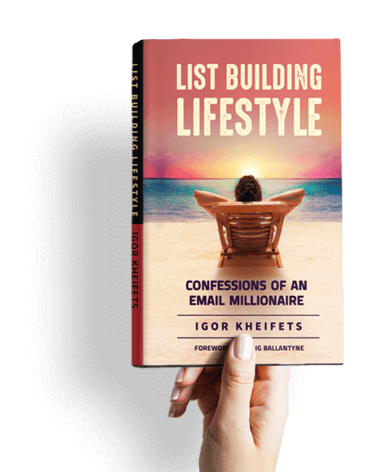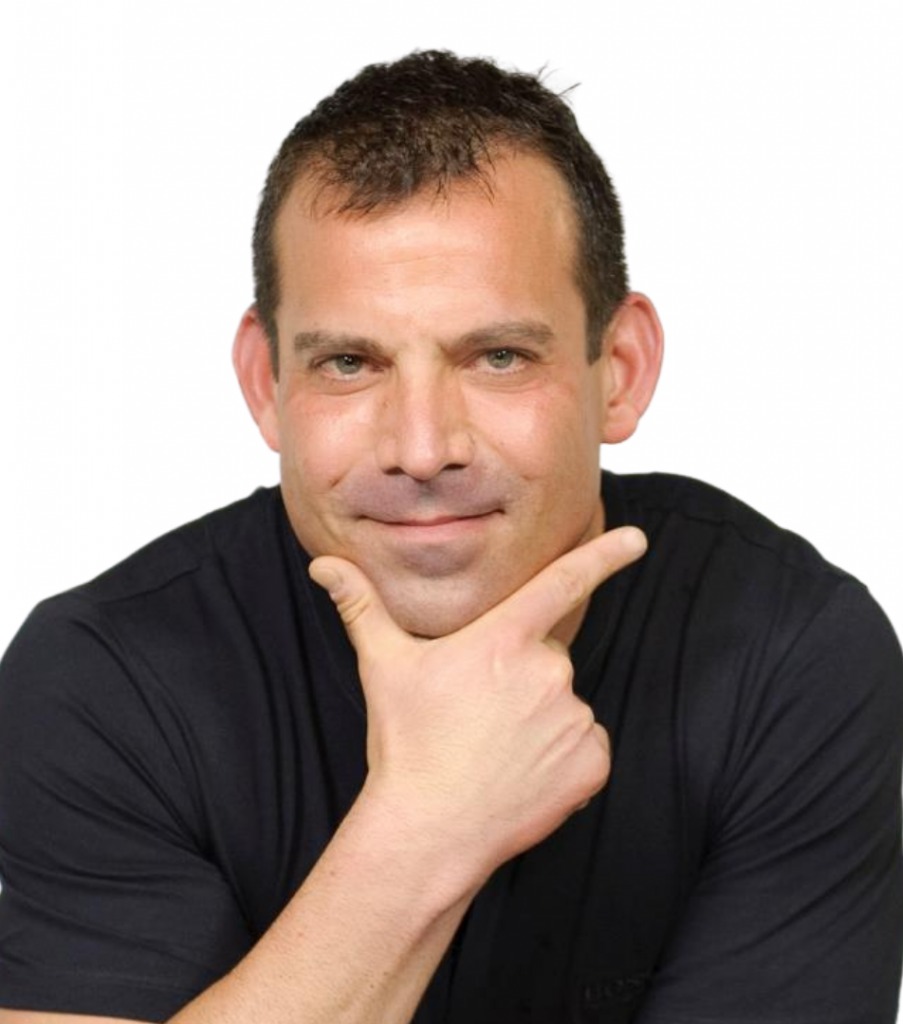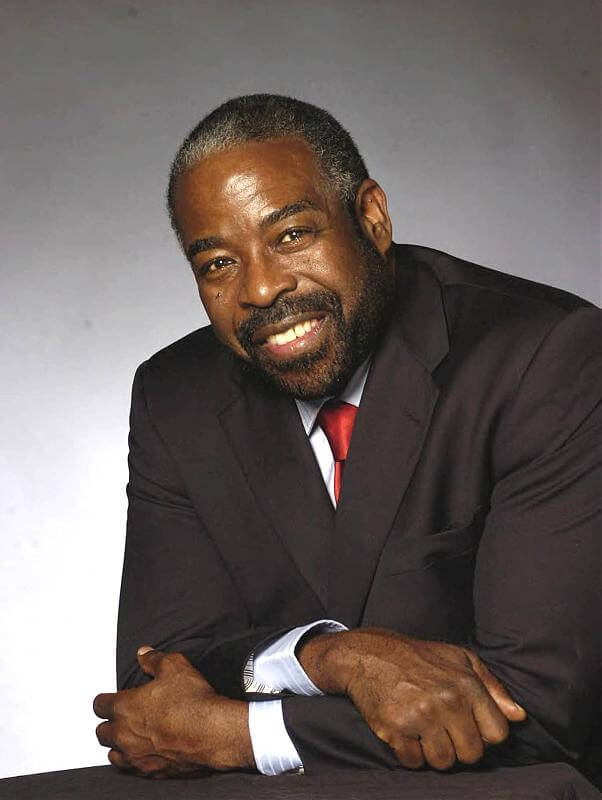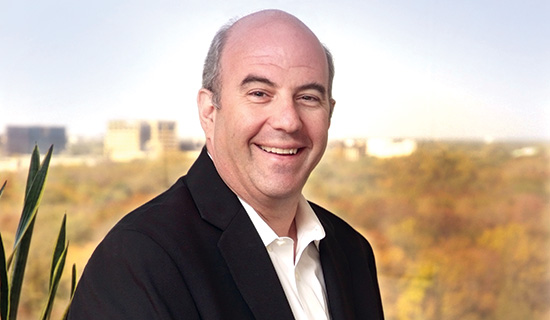What do Microsoft, birthday party magic tricks, and Trump-style marketing have in common? Jack Turk. In this episode, we unpack his wild journey from writing tech manuals for Age of Empires to becoming a magician and then head copywriter at GKIC. We dive into why Trump’s media playbook works, what most marketers get wrong about messaging, and why speed still beats perfection. Whether you love or hate the guy, there’s a lot to learn, and Jack breaks it down with sharp insight and zero fluff.
Guest:
Jack Turk is a veteran copywriter best known for his speed and clarity, often called the world’s fastest copywriter.
He served as head copywriter at GKIC, working closely with Dan Kennedy’s team on high-converting campaigns and legacy direct response projects.
Before diving into copy, Jack spent years at Microsoft as a technical writer and game designer, contributing to iconic titles like “Age of Empires” and “Flight Simulator”, even winning awards for his work.
Originally a comedy writer and radio performer in college (alongside a young Tim Allen), Jack always saw himself as a writer at heart. After years in tech, he felt boxed in by the corporate machine and longed for creative freedom.
So, at 50, he made a bold leap, leaving the corporate world to become a full-time magician. He performed hundreds of shows a year, mostly for kids, while also learning direct response from Dave Dee and applying it to book gigs and sell info-products to fellow performers.
That’s how he built a thriving info-business teaching magicians how to market themselves, long before it was cool.
Impressed by Jack’s results, Dave later brought him into GKIC as head copywriter when he became VP of Marketing.
Today, Jack writes for clients across multiple industries and teaches business owners how to craft persuasive copy fast, without overthinking or burning out.
He’s the author of “How to Write Killer Copy Fast” and other practical guides, known for simplifying the writing process and capturing any voice with uncanny precision.
[00:52] Authenticity Over Polish:
- Controversy and strong positioning can be powerful tools for capturing attention and media coverage.
- A clear, unapologetic message often resonates more deeply with a target audience than trying to appeal to everyone.
- Building loyalty requires consistent communication and a deep understanding of your core audience’s values.
- Media dominance is achieved not just through advertising, but through strategic, attention-grabbing narratives.
- Public figures or brands that provoke reaction, often generate more engagement than those aiming for neutrality.
- Studying high-profile figures who dominate public conversation offers valuable insights into influence and audience engagement strategies.
[02:44] Introduction to Jack Turk:
- Former technical writer behind the award-winning manual for Microsoft’s “Age of Empires”, one of the most iconic strategy games ever made.
- Transitioned from the tech world to dominate a completely different niche: marketing for magicians.
- Later joined forces with legends of the direct response world, working alongside Dan Kennedy, Dave Dee, and the team at GKIC (Glazer-Kennedy Insider’s Circle).
- Brings a rare mix of storytelling, clarity, and copy chops, shaped by decades across wildly different industries.
- Now distills hard-earned marketing wisdom in his book “MAGA Marketing Secrets”, inspired by one of the most controversial media figures of our time.
[04:19] Success Through Strategic Pivots:
- Career reinvention is possible when driven by passion, persistence, and a willingness to embrace failure as part of the learning process.
- Diverse experiences can converge into a unique skill set that becomes a competitive advantage in marketing and storytelling.
- Mentorship and strategic relationships can accelerate growth and open doors to high-impact opportunities.
- The ability to write clearly, persuasively, and with personality is a transferable superpower across industries, from technical manuals to marketing copy to entertainment.
- Transitioning careers requires action: start while still employed, test ideas on the side, and scale what works before making the full leap.
- Being “ready when the moment happens” means continuously developing skills, building credibility, and positioning oneself to seize unexpected opportunities.
- Corporate environments often rely on complex systems and processes that, while necessary, can stifle agility and personal creativity.
- Leaving a stable position requires weighing the value of security against the fulfillment of independence and creative expression.
- Entrepreneurship thrives on self-direction; those who enjoy building systems for themselves are often more fulfilled than when following existing ones.
[12:42] Give the Devil His Due:
- Polarizing figures can still offer valuable strategic insights, even if their style or beliefs are personally disagreeable.
- “Flipping the “Bozo bit”: dismissing someone entirely due to dislike, cuts off opportunities for learning and growth.
- True professional maturity includes the ability to separate personal bias from objective evaluation of skill and results. Success should be analyzed, not just admired or condemned
- Long-term success in any field often comes from subconscious mastery developed through decades of real-world experience.
- Effective messaging doesn’t require complexity; simplicity and emotional resonance often drive stronger engagement.
- Ideological opposition shouldn’t block the adoption of proven tactics or strategies used by successful individuals.
[17:18] No True “Free” Model Exists:
- Public policy messaging that emphasizes “free” can be emotionally appealing but often comes with hidden costs, whether through taxation, lower quality, or delayed access.
- Government-provided systems labeled as “free” can suffer from underfunding, inefficiency, and poor outcomes when not directly tied to consumer demand.
- Private alternatives, though seemingly more expensive upfront, can offer faster, higher-quality results due to market competition and accountability.
- People are often willing to pay for reliable, timely solutions rather than depend on overburdened or failing public systems.
- Perceived value is shaped not just by cost, but by the actual effectiveness and dignity of the service received.
- Consumer-driven models deliver stronger outcomes by aligning with individual needs, encouraging personal responsibility, and adapting through real-time feedback, unlike rigid, one-size-fits-all systems that resist change and overlook nuance.
[20:06] Separate Politics from Strategy:
- Simplicity in messaging is a powerful political and marketing tool, clarity and consistency often outperform complexity.
- Visual branding and presentation matter: professional, recognizable imagery strengthens credibility and audience connection.
- Successful campaigns are built on relentless effort, message discipline, and direct audience engagement, regardless of the cause.
- True strategic thinkers remain open-minded, extracting useful methods from all sources to enhance their own success.
[22:55] Personal Branding Matters:
- A signature visual identity, like a pose, look, or setting, creates instant recognition and strengthens personal brand power.
- Crisis moments can become iconic branding opportunities when handled with authenticity and presence.
- Strong imagery resonates emotionally and spreads rapidly, turning moments into merchandise, memory, and momentum.
- For entrepreneurs and small business owners, personal visibility and consistent visual storytelling are critical to standing out. It resonates emotionally and spreads rapidly, turning moments into merchandise, memory, and momentum.
- Aspirational branding works best when it reflects genuine lifestyle and values, not artificial portrayals like “laptop on the beach.”
- Brands built around people thrive when they combine story, style, and repetition into a single, unforgettable impression.
[30:54] The “Respectful Roast” Principle:
- Mockery or playful critique in marketing can be powerful when used strategically and respectfully, not for cruelty, but to highlight contrast and differentiation.
- Effective mockery focuses on systems, habits, or outdated processes rather than individuals, making the competition’s flaws relatable and visible to the audience.
- Brands that mock with a sense of humor, like Wendy’s “Where’s the beef?” or Apple’s “1984” ad, can create memorable, culture-defining moments without being overtly hostile.
- Positioning yourself as the nimble underdog allows you to contrast your agility and innovation against slow-moving, bureaucratic competitors or institutions.
- The best competitive mockery doesn’t just tear down, it invites the audience to imagine something better, faster, and more human.
[43:06] The “Anti-Fan” Paradox:
- Long-term success comes from staying in the conversation, regardless of the tone or sentiment of the coverage. Consistent visibility, even through criticism, keeps a brand or figure top-of-mind, reinforcing presence and influence.
- People often obsess over what they oppose, proving that emotional engagement, whether positive or negative, drives attention and loyalty.
- A polarizing stance can be more powerful than universal approval, as it creates clear identity and passionate follow-through.
- Every reaction, positive or negative, is still engagement, and engagement fuels influence and marketability.
- Success leaves clues; even critics unknowingly validate effectiveness by staying focused on the winner, not the loser.
[44:50] Money Loves Speed:
- Done is better than perfect; the first version only needs to be good enough to start generating value. Successful entrepreneurs move decisively and adjust course as they learn
- Cultural relevance is seized, not scheduled: those who act instantly on breaking moments control the conversation.
- Time is a multiplier: Marketing thrives on responsiveness: brands that engage in real time build stronger audience connection and authority. Because fast action increases exposure, feedback, and iteration opportunities.
- Confidence grows through doing, not waiting for ideal conditions, but launching and adapting as you go.
[40:55] Jack Turk Expertise:
- Get the book “MAGA Marketing Secrets” at: operationovaloffice.com
The book decodes Donald Trump’s unconventional but wildly effective marketing playbook into 47 tactical hacks for entrepreneurs and brands. It’s not about politics, it’s about dominance psychology, attention engineering, and tribal loyalty in business. - You can get 3 free marketing hacks from Trump’s playbook at: magamarketingsecrets.com:
- 1. The “Sandwich Shop on the Beach” Rule.
- 2. Simple Word Supremacy.
- 3. Emotional Bypass Technique.
[47:51] Igor’s Book On Email Marketing:
Visit www.igorsbook.com to learn more.












